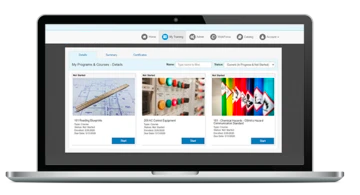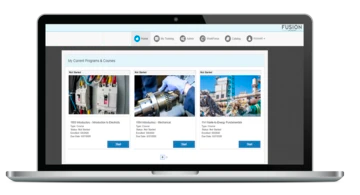Employee engagement and performance are inseparable. Without high employee engagement, performance and productivity plummet. Employees with low engagement have lower morale and are more likely to seek—and find—new work.
Financial rewards—once thought to be the main motivator for employee performance—may not be as important as traditional thinking suggests. A fair wage is important, of course, but other factors have far greater impact on employee engagement and performance.
Provide Employees with the Tools They Need
Do your employees have the right tools, training, and support they need to perform their duties properly? Frustration is the antithesis of employee performance, and few things generate more frustration than trying to complete a job with the wrong tools or insufficient resources.
Personal Attention and Coaching
A little personal attention goes a long way to improving employee performance. Offer feedback whenever possible so workers know what they’re doing right or can self-correct problems. Feedback doesn’t have to be formal—a quick chat in the coffee room often does the job as well, if not better, than a formal review. Remember to listen to employee feedback as well—knowing their voices matter increases your employees’ engagement.
Appreciation
A simple thank you for a good job has more impact on employee engagement and performance than you might expect. A survey by McKinsey Quarterly in 2009 reported employees ranked praise from supervisors higher than financial rewards.
Nurture High-Potential Employees
Highly-talented employees with potential need to be carefully nurtured to maintain engagement and performance, because if they don’t feel fulfilled or engaged, they’ll seek out jobs where they will be. Offering them new challenges, training, and opportunities to advance within the company help keep highly-talented employees engaged and where you want them—in your employ.
Incentive Programs
Financial rewards don’t usually have a significant impact on employee engagement. Incentive programs are an exception to this general rule. Incentive programs offer additional rewards separate from regular pay to employees who improve performance or meet certain goals. The International Society of Performance Improvement states incentive programs can increase individual performance by 22 percent—and raise team performance by 44 percent. Incentives attract high-potential employees, who are more likely to remain with the company should the incentive program continue.
Training Opportunities
Employees rank opportunities for training highly when asked what attracts them to a job. Training impacts many of the other factors associated with increased employee engagement and performance: providing employees the skills they need to perform their duties efficiently, opening the possibility of advancement within the company, and indicating management values employees enough to invest in them.
While few facilities are large enough to offer in-house training, outsourced seminars and courses offer a cost-efficient means of training employees, with a profitable return on investment in the form of employee loyalty, productivity, and performance.






Comments
Sorry, no comments found for this article